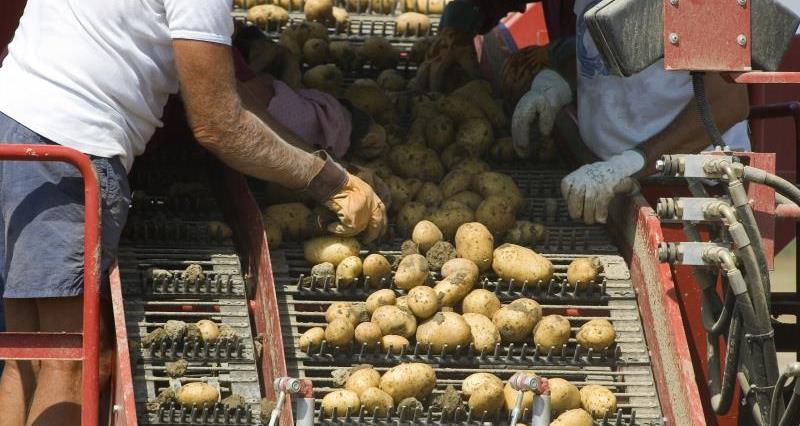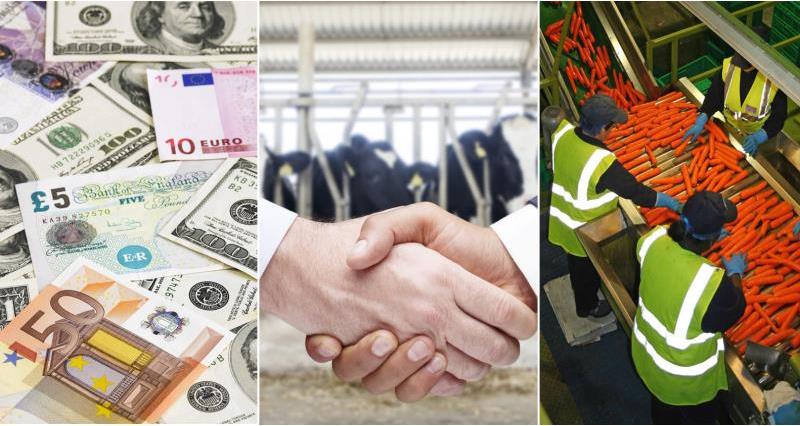
"We want full unfettered access to the single market - our consultation was clear that members wanted a new bespoke deal with the EU. Trading tariff-free has been hugely beneficial to both the UK and the EU - 38% of British lamb ends up on the EU market. We will be working with other UK farming unions and partners across the farming and food chain to achieve this outcome.
"Trade needs to be on fair terms, so we're calling on ministers to ensure imported goods produced to lower standards or using practices banned in the UK are controlled.
“Access to a flexible and competent workforce is essential to British farming's competitiveness with 80,000 seasonal employees on farm now. We are calling for the government to trial a substantial fixed-term work permit scheme for agriculture and horticulture targeted at non-EU workers during 2017. It is also right that EU workers already in positions have right of residence in the UK. And we'll be holding discussions with the government on the level of permanent labour and seasonal labour for the medium to long term.

NFU policy position on trade:
Access to the EU Single Market
Of the existing models, the Norwegian European Economic Area arrangement was the most favoured in the consultation but a larger number are looking for some bespoke UK arrangements. The NFU appreciates the political sensitivity over issues such as labour movements, regulation and budget contributions. These are matters that will need to be settled by negotiation. The NFU's primary concern is that our access to European market should not be fettered by tariffs or non-tariff barriers.
Access to markets in the rest of the world
The EU has negotiated more than 50 preferential access agreements with countries around the world. In the worst
Exposure to imports produced to lower standards
The consultation demonstrated overwhelming support for arrangements which limit our exposure to imports produced to lower standards (e.g. lower animal welfare standards, goods produced with products prohibited domestically). This is not a straightforward matter as WTO rules prohibit discriminating against imports on the basis of their production methods.
We can help ourselves by promoting the qualities and values of British production through assurance schemes, and the NFU believes more needs to be done both publicly and privately in this area.
But there are limits to what can be done and this can only be a partial solution.
As we have noted already, if trade relationships are balanced, with the same conditions applying to imports as to exports, then the best outcome will be that the UK remains part of the EU customs union.

NFU policy position on access to labour:
- Trial a 'substantial' fixed-term work permit scheme for agriculture and horticulture targeted at non-EU workers during 2017.
- Assurance that EU workers that are already in positions have right of residency in the UK and that they will have right to leave and return to their home member state
- Government to commit to holding further discussions on permanent labour and seasonal labour for the medium to long term
- AHDB and government to provide significant investment in innovation, productive technology, robotics, automation and mechanisation, and to support science funding for research and development.
- In the longer term - working with the education system provide the relevant technical skills needed for the industry.
